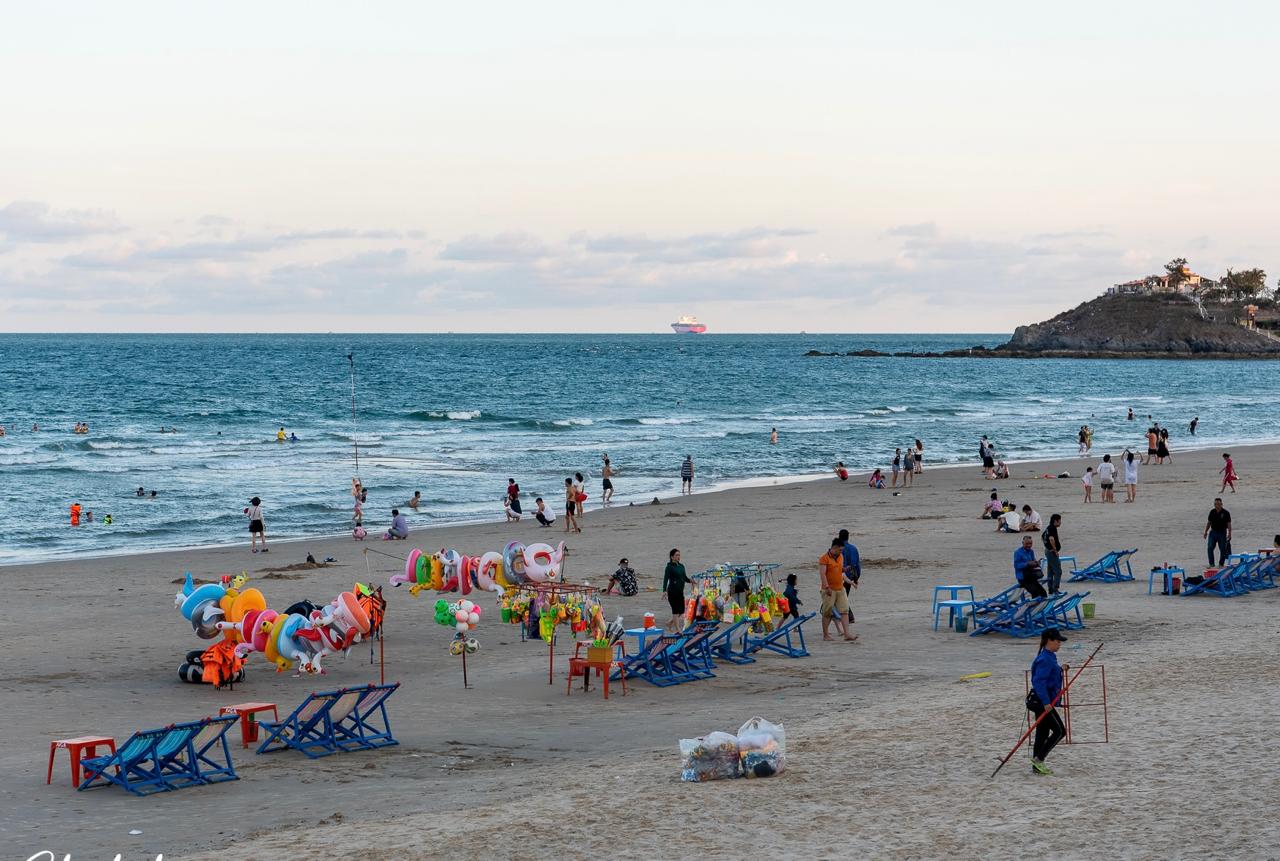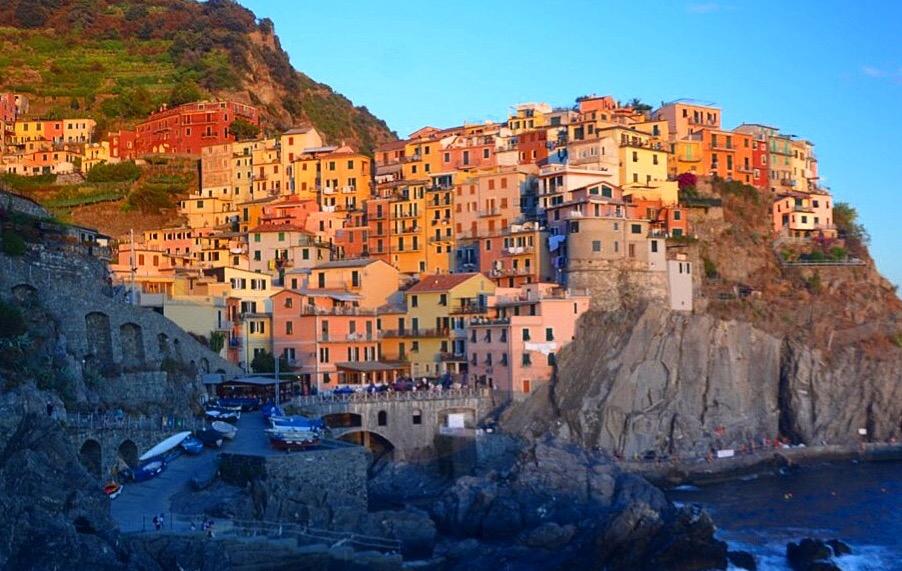New Seasonal Conduct Rules: What Tourists Need to Know
Under the new municipal decree, visitors can now face on-the-spot fines of up to €500 (approximately £433 / $550 USD) for engaging in certain prohibited activities during the regulated summer window. These include:
- Walking barefoot in public spaces
- Wearing swimwear or going shirtless outside designated beach areas
- Consuming alcohol in public outside licensed venues
- Hosting spontaneous picnics in unauthorized areas
Minimum fines begin at €25, but repeat or flagrant violations can incur significantly higher penalties. These measures are intended to deter behaviors that disrupt social harmony or compromise the visual appeal of the town’s historic streets and squares.
Balancing Hospitality with Heritage Protection
Portofino’s mayor and local council have emphasized that the new rules are not designed to deter tourists, but to ensure that the town’s cultural heritage, natural beauty, and resident lifestyle remain intact for both locals and respectful visitors.
“Portofino is not a theme park,” one official noted. “It is a living community, and we must defend its soul from being lost under the weight of mass tourism.”
The seasonal policy reflects a broader movement across Italy and Europe to preserve cultural destinations through sustainable tourism practices. The initiative is also seen as a response to rising complaints from residents and business owners about noise, congestion, and disrespectful conduct from crowds unfamiliar with local customs.
Previous Anti-Overtourism Measures: No-Waiting Zones
This is not Portofino’s first attempt to curb unruly tourist behavior. In 2023, the town gained global attention for creating “no-waiting zones”—specific areas where tourists were prohibited from stopping or loitering, particularly near iconic photo spots that became clogged with selfie-takers.
That initiative, while controversial, was introduced under the guise of pedestrian safety but widely interpreted as a method to disperse excessive tourist concentrations. Fines for violating the “no-waiting” zones reached €275, further illustrating the seriousness with which local authorities are responding to the challenges of overtourism.
A National Trend Toward Sustainable Tourism
Portofino’s new restrictions align with a growing national movement in Italy to protect its most beloved destinationsfrom the downsides of uncontrolled tourism. Elsewhere along the coast, similar regulations are being trialed.
For example, on the Amalfi Coast, a license plate rotation system was tested during summer months to limit car traffic on the scenic 35 km stretch between Vietri sul Mare and Positano. Vehicles were permitted to drive on alternating days based on odd or even number plates—an innovative method to reduce congestion and environmental degradation.
These efforts, while sometimes inconvenient for visitors, reflect Italy’s urgent need to manage tourism sustainably, particularly as travel rebounds globally post-pandemic.
Preserving Portofino’s Cultural Identity Amid Global Fame
Portofino has long attracted the rich, the famous, and international influencers seeking a luxurious Mediterranean escape. Its pastel-colored buildings, lush hillsides, and glistening harbor are postcard-perfect—but with that beauty comes risk.
Unchecked visitor numbers threaten to transform the town into what some locals fear could become a “museumified” destination—a place so overwhelmed by tourism that it loses its authentic character and daily rhythms.
The new regulations are part of a delicate balancing act: welcoming tourism, which is vital to the local economy, while safeguarding the town’s long-term cultural and ecological sustainability.
Advice for Visitors: Respect, Readiness, and Responsibility
Travelers planning a visit to Portofino this summer are urged to review the town’s regulations in advance and embrace a code of respectful tourism. That means dressing appropriately when leaving the beach, consuming alcohol only in permitted areas, and refraining from disruptive or overly casual behavior in public squares or near historic buildings.
These efforts are not meant to diminish the traveler’s experience but to enhance it through more meaningful engagement with the destination. Visitors who understand the cultural values and environmental sensitivities of the places they explore are more likely to have positive, lasting travel memories—while also ensuring those same experiences are available for future generations.
Conclusion: A Model for Responsible Mediterranean Travel
As the summer sun continues to draw crowds to the Italian coast, Portofino is making a statement—luxury and authenticity must go hand in hand with respect and sustainability. The town’s seasonal crackdown is a reflection of the global shift toward smarter tourism policies, especially in small communities where the impact of mass tourism is most acutely felt.
By enforcing fines and fostering awareness, Portofino is charting a course that prioritizes its historic charm, civic order, and natural integrity—and invites travelers to become part of the solution, not the problem.
For more travel news like this, keep reading Global Travel Wire





















